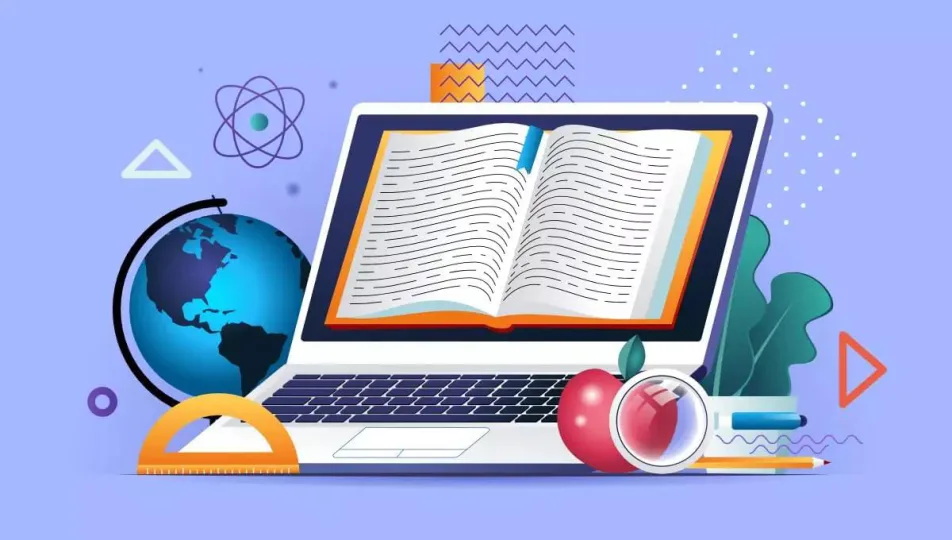In today's digital landscape, coding skills have become increasingly invaluable. Whether you're aspiring to become a software engineer, a web developer, or just looking to enhance your skillset, learning to code can open up a treasure trove of opportunities. The journey into the world of programming can seem daunting for beginners, but with a structured approach and the right resources, anyone can learn coding quickly and efficiently. In this guide, we’ll explore practical strategies to streamline your learning process and make coding accessible.
Table of Contents
1. Set Clear Goals
Before diving into coding, it’s essential to define what you want to achieve. Do you want to build websites, create apps, or analyze data? Setting clear objectives will guide your learning path. For example, if you aim to become a web developer, you might prioritize learning HTML, CSS, and JavaScript. Clear goals will keep you motivated and help you measure your progress.
2. Choose the Right Programming Language
Selecting a programming language that aligns with your goals can significantly enhance your learning experience. Here are a few recommendations:
- Python: Great for beginners due to its simple syntax; ideal for data science and web development.
- JavaScript: Essential for web development, particularly for front-end development and interactive applications.
- Ruby: Known for its readability, Ruby is popular for web application development.
Research different languages and choose one that excites you and fits your objectives.
3. Utilize Online Learning Platforms
Online learning platforms offer a wealth of resources and structured courses. Sites like Codecademy, Udacity, and Coursera provide interactive coding lessons that can accelerate your learning process. Participating in these courses often includes hands-on projects that reinforce what you've learned.
4. Engage with Coding Communities
Joining coding communities can be a game-changer for beginners. Platforms like Stack Overflow, GitHub, and Reddit host forums where you can ask questions, share knowledge, and collaborate with others. Engaging with a community not only provides support but also connects you with experienced coders who can offer invaluable insights.
5. Practice Coding Regularly
Consistent practice is crucial when learning to code. Aim to code every day, even if it’s for a short period. Consider using platforms like LeetCode or Codewars to solve coding challenges and improve your skills. These sites offer problems that vary in difficulty, allowing you to gradually increase your proficiency.
6. Build Real Projects
Nothing solidifies your learning better than working on real projects. Start with small, manageable projects, like building a personal website or a simple app. As you grow more comfortable, take on more complex projects that challenge your skills. This hands-on approach will deepen your understanding and boost your confidence as a coder.
7. Learn Version Control
Understanding version control systems like Git is essential for any developer. It allows you to manage changes in your code and collaborate with others. Familiarize yourself with Git basics and use platforms like GitHub to host your projects. This knowledge will be invaluable as you progress in your coding journey.
Key Takeaways
- Set clear goals to guide your learning process.
- Choose a programming language that aligns with your objectives.
- Utilize online learning platforms for interactive courses.
- Engage with coding communities for support and insights.
- Practice coding regularly to improve your skills.
- Build real projects to reinforce your learning.
- Learn version control to manage your coding projects effectively.
FAQ
1. How long does it take to learn coding?
Learning to code varies greatly from person to person, depending on the time you dedicate to practice and the complexity of the languages you choose. Generally, with consistent effort, beginners can grasp the basics in a few months.
2. What's the best programming language for beginners?
Python is often recommended for beginners due to its simplicity and versatility. However, JavaScript is also a great starting point, especially for those interested in web development.
3. Do I need a computer science degree to become a developer?
No, many successful developers are self-taught and have no formal degree. What matters most is your ability to code and build projects.
4. What are the best resources for learning coding?
Some popular resources include online platforms (Codecademy, Coursera), textbooks, and video tutorials on YouTube. The choice depends on your learning preferences.
5. Is coding difficult to learn?
Coding can be challenging, especially at first. However, with patience, practice, and the right resources, it becomes easier over time.
6. How important is practice in learning to code?
Practice is crucial. The more you code, the better your understanding will be. Regular practice helps reinforce concepts and improve problem-solving skills.
7. Can I learn to code on my own?
Absolutely! Many resources are available for self-learners. With discipline and dedication, you can effectively learn coding on your own.
Conclusion
Embarking on your coding journey doesn't have to be overwhelming. By setting clear goals, choosing the right language, engaging with communities, and practicing regularly, you can accelerate your learning process. Remember, coding is a skill that improves with practice and project work. So, dive into this exciting field and unlock the opportunities that coding can offer!



